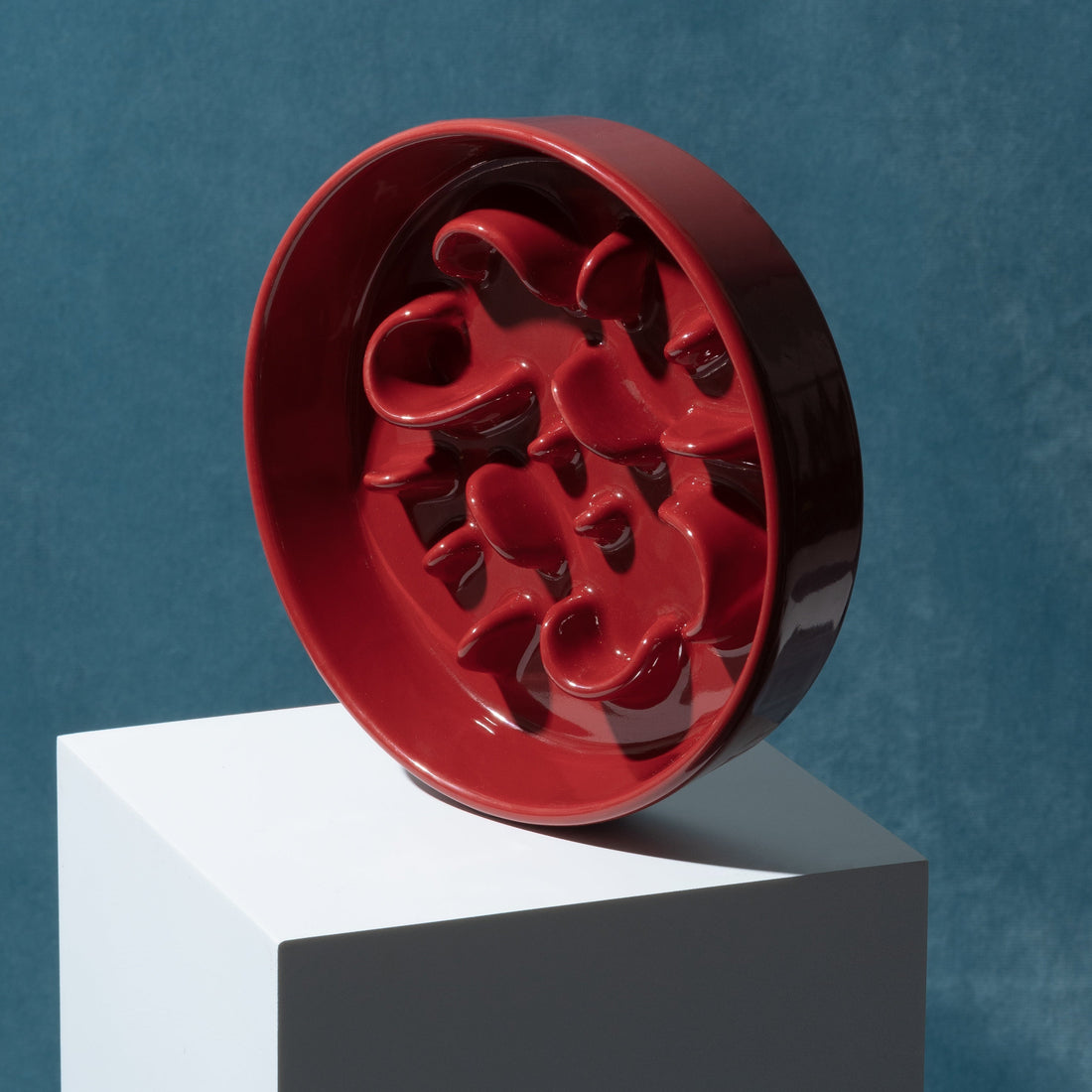Introduction: Understanding Your Pet's Nutritional Needs
Being a new pet owner is an exciting journey, but it also comes with its challenges. One of the most crucial responsibilities you have is providing your furry friends with the right food. Proper nutrition is key to ensuring your cat and dog live long, happy, and healthy lives. But with so many options available, choosing the best pet food can feel overwhelming.
In this guide, we’ll walk you through everything you need to know about feeding your new cat or dog, including essential nutritional needs, common dietary mistakes, and top pet food recommendations. Let's dive in!

1. Understanding Your Pet’s Unique Nutritional Needs
Each species—whether a cat or a dog—has different dietary requirements. Understanding these needs is essential in choosing the right pet food.
For Cats:
Cats are obligate carnivores, meaning they thrive on a protein-heavy diet. Their bodies are designed to digest animal-based proteins efficiently, which is why it's crucial to feed them high-quality meat-based food. Here are some things to keep in mind when choosing cat food:
High Protein: Ensure that the food contains real meat (chicken, beef, or fish) as the first ingredient.
Taurine: Cats need taurine, an essential amino acid found in animal tissues, to support their heart and vision health.
Fats: Healthy fats are vital for energy and coat health.
Low Carbs: Unlike dogs, cats don't digest carbohydrates well, so look for a food that is low in fillers like corn and wheat.
For Dogs:
Dogs are omnivores, meaning they can consume a variety of foods, including meat, vegetables, and grains. A balanced diet with proper protein, fat, and fiber is key to your dog’s overall health.
Protein: Dogs need protein for muscle growth and energy. Opt for a food with animal protein as the primary ingredient.
Fats: Healthy fats are important for your dog’s skin, coat, and energy levels.
Fiber: Fiber supports digestive health and helps maintain a healthy weight.
Vitamins & Minerals: Essential vitamins like A, D, and E, as well as minerals like calcium and phosphorus, support overall wellness.
2. Common Pitfalls to Avoid When Feeding Your Pet
Choosing the wrong food can lead to health issues such as obesity, digestive problems, or poor coat condition. Here are some common mistakes to avoid:
Feeding Low-Quality Food: Cheap pet foods often contain fillers and by-products that lack essential nutrients. Always choose high-quality, reputable brands.
Overfeeding or Underfeeding: It's easy to overfeed your pet, especially if they give you those big, pleading eyes. Follow feeding guidelines and adjust based on their activity level and size.
Not Adjusting Diets for Life Stages: A kitten or puppy requires different nutrition than an adult or senior pet. Make sure to feed age-appropriate food.
Ignoring Special Health Needs: Some pets may have allergies or sensitivities to certain ingredients. Always consider your pet's health history when selecting food.
3. Top Pet Food Recommendations for Your Cat and Dog
We’ve researched the best pet foods available to help guide you in your decision-making. Here are some top-rated options for both cats and dogs:
Best Cat Food Brands:
Royal Canin: Known for its breed-specific formulas, Royal Canin provides tailored nutrition to support your cat’s unique needs.
Hill's Science Diet: Offers a wide range of options for cats with specific dietary needs, such as weight management and digestive health.
Wellness CORE: This grain-free, high-protein formula is perfect for active cats and those needing to maintain a healthy weight.
Best Dog Food Brands:
Blue Buffalo: Offers a wide variety of recipes, including grain-free options, with high-quality protein and wholesome grains.
Orijen: Known for its biologically appropriate dog food, Orijen offers a protein-packed diet that mimics a dog’s ancestral diet.
Hill's Science Diet: This brand provides balanced, nutritionally complete food for dogs of all life stages, with options for sensitive stomachs and special health needs.
4. DIY vs. Commercial Pet Food: What’s Best for Your Pet?
Some pet owners prefer preparing homemade meals for their pets. While this can offer fresh, high-quality ingredients, it’s crucial to ensure your pets get a balanced diet. Commercial pet food, on the other hand, is carefully formulated to meet nutritional standards set by veterinarians.
If you're unsure, consult with your vet to determine the best feeding strategy for your pet. They can guide you based on your pet’s breed, size, activity level, and any health issues they may have.
5. Final Tips for New Pet Owners
Consistency Is Key: Stick to a regular feeding schedule and avoid sudden changes in food, as this can upset your pet's stomach.
Hydration: Always provide fresh water for your pet, especially when feeding dry food.
Monitor Weight and Health: Keep an eye on your pet's weight, coat, and overall health. Any changes may indicate a need to adjust their diet.
Conclusion
Feeding your cat or dog the right food is one of the most important things you can do as a pet owner. With the right knowledge, you can provide them with the nutrition they need to live a long, healthy, and happy life. By choosing high-quality food, avoiding common mistakes, and following expert recommendations, you’ll be on your way to being the best pet parent possible.

